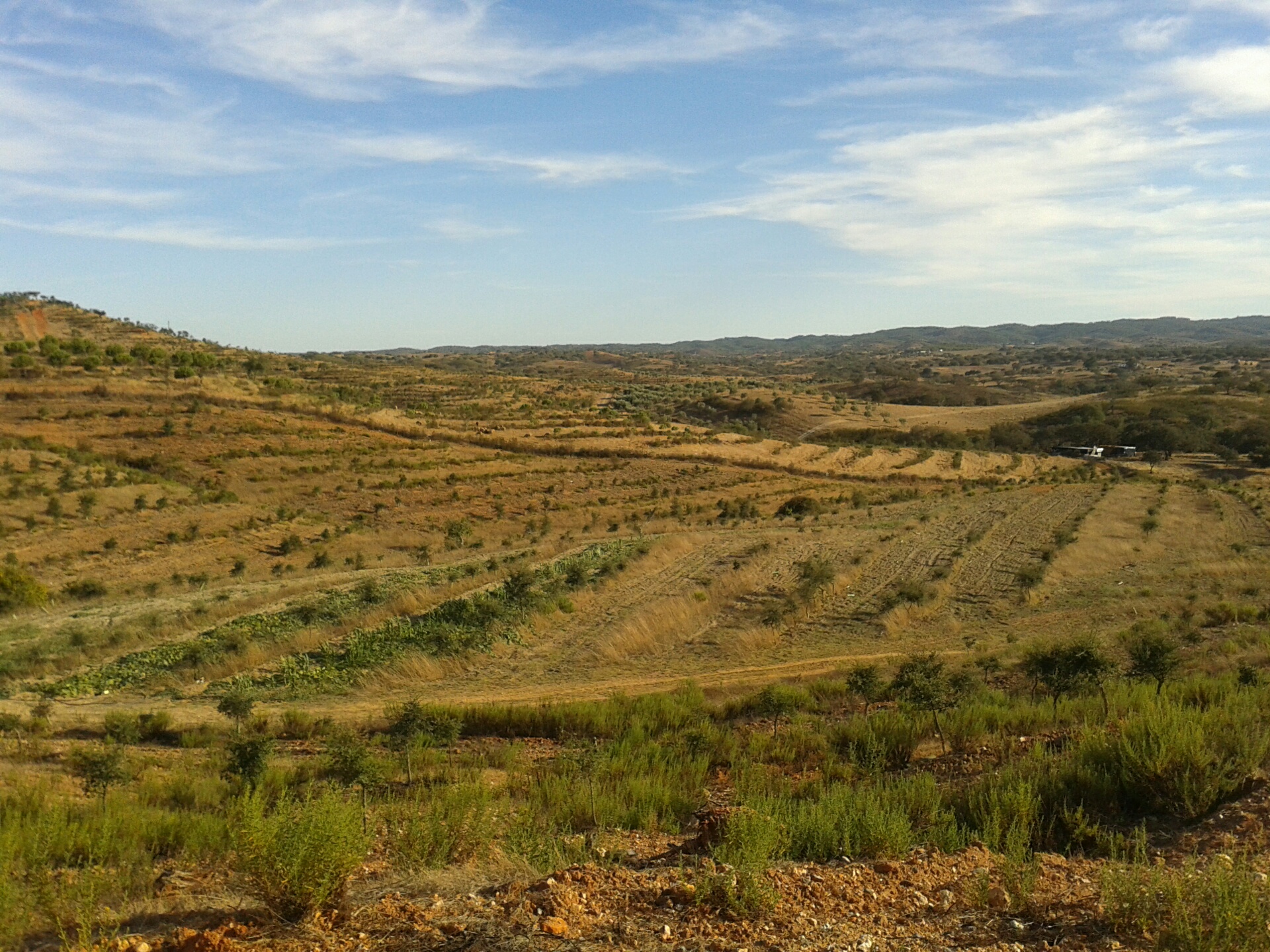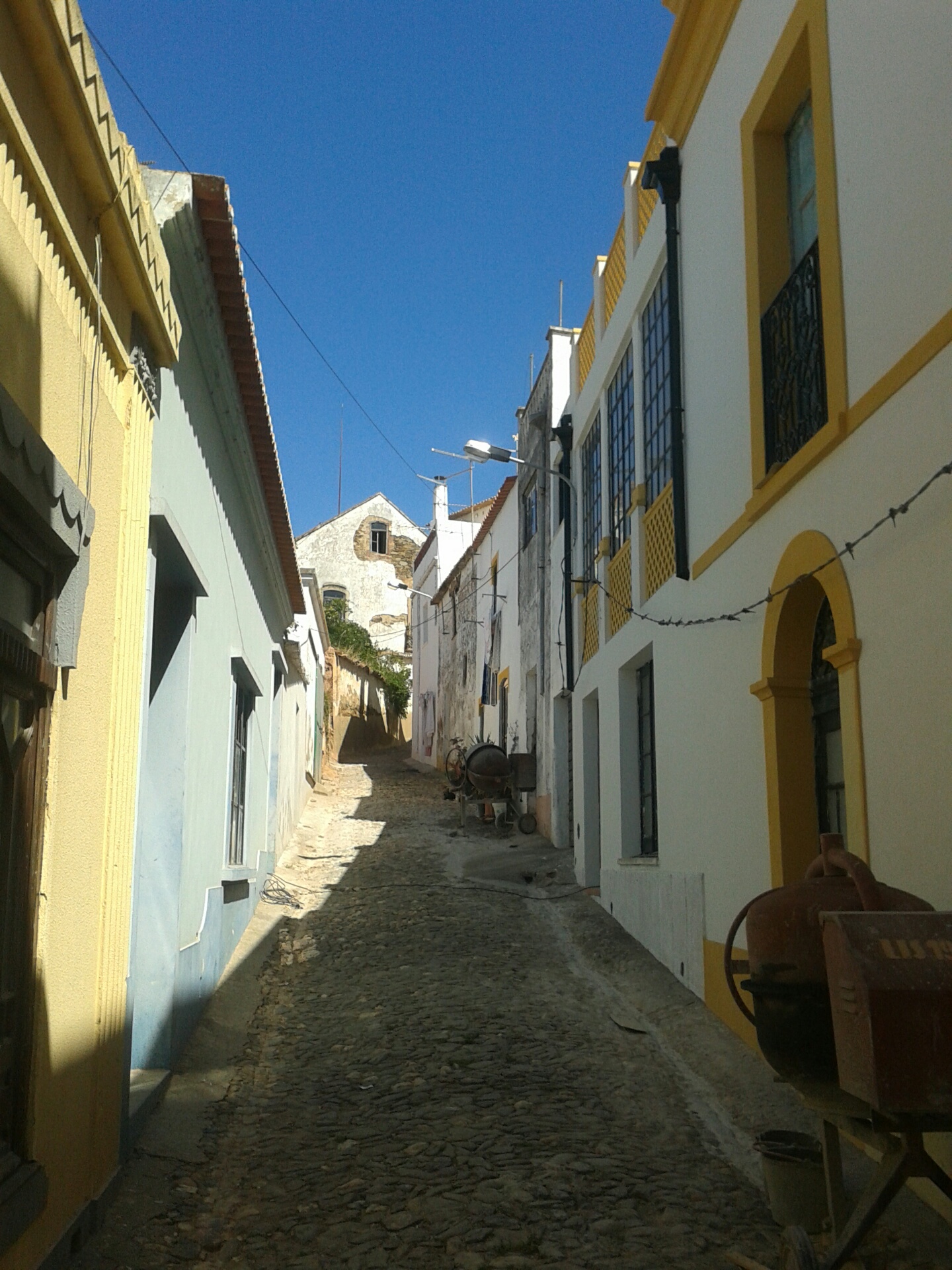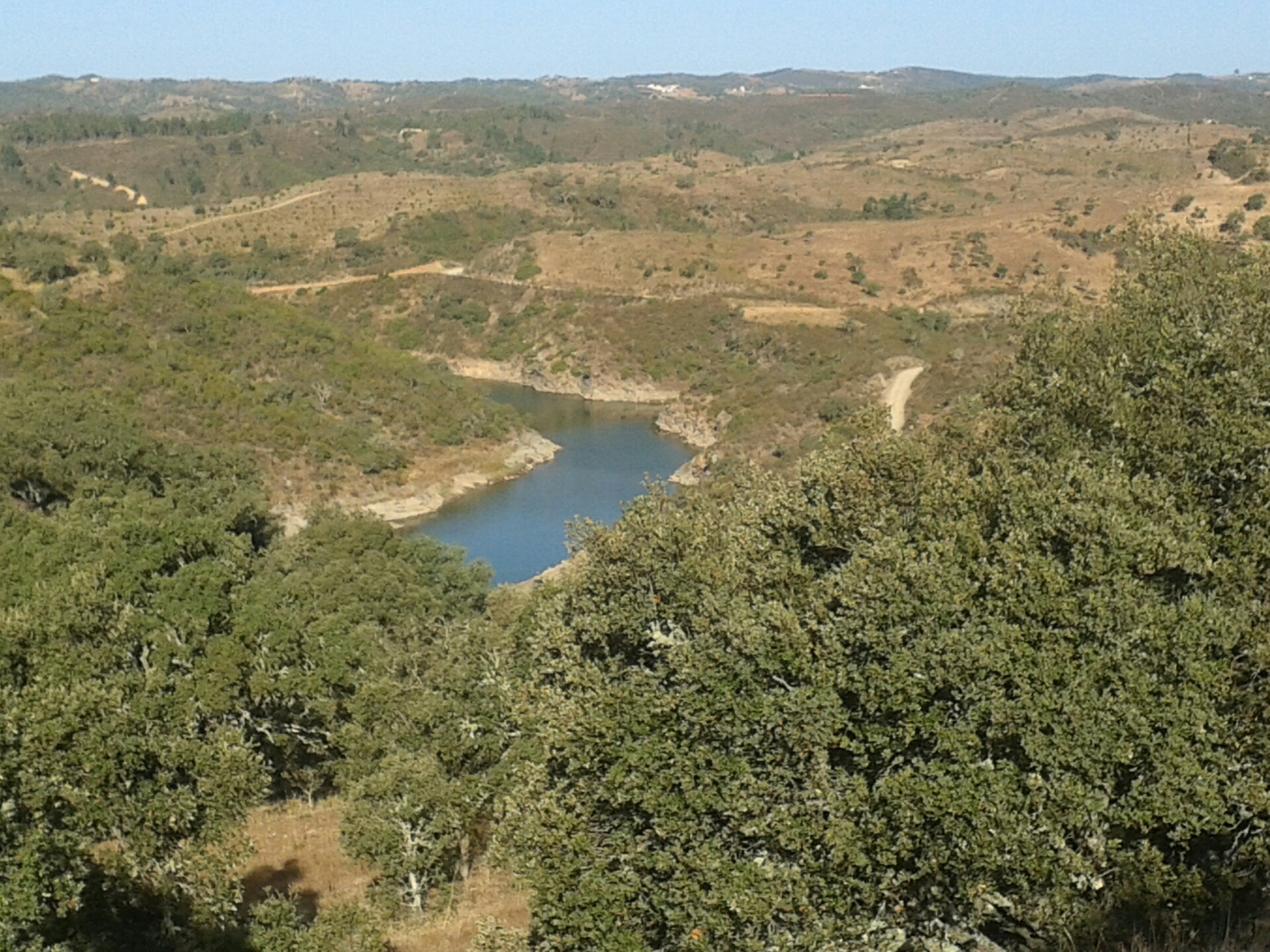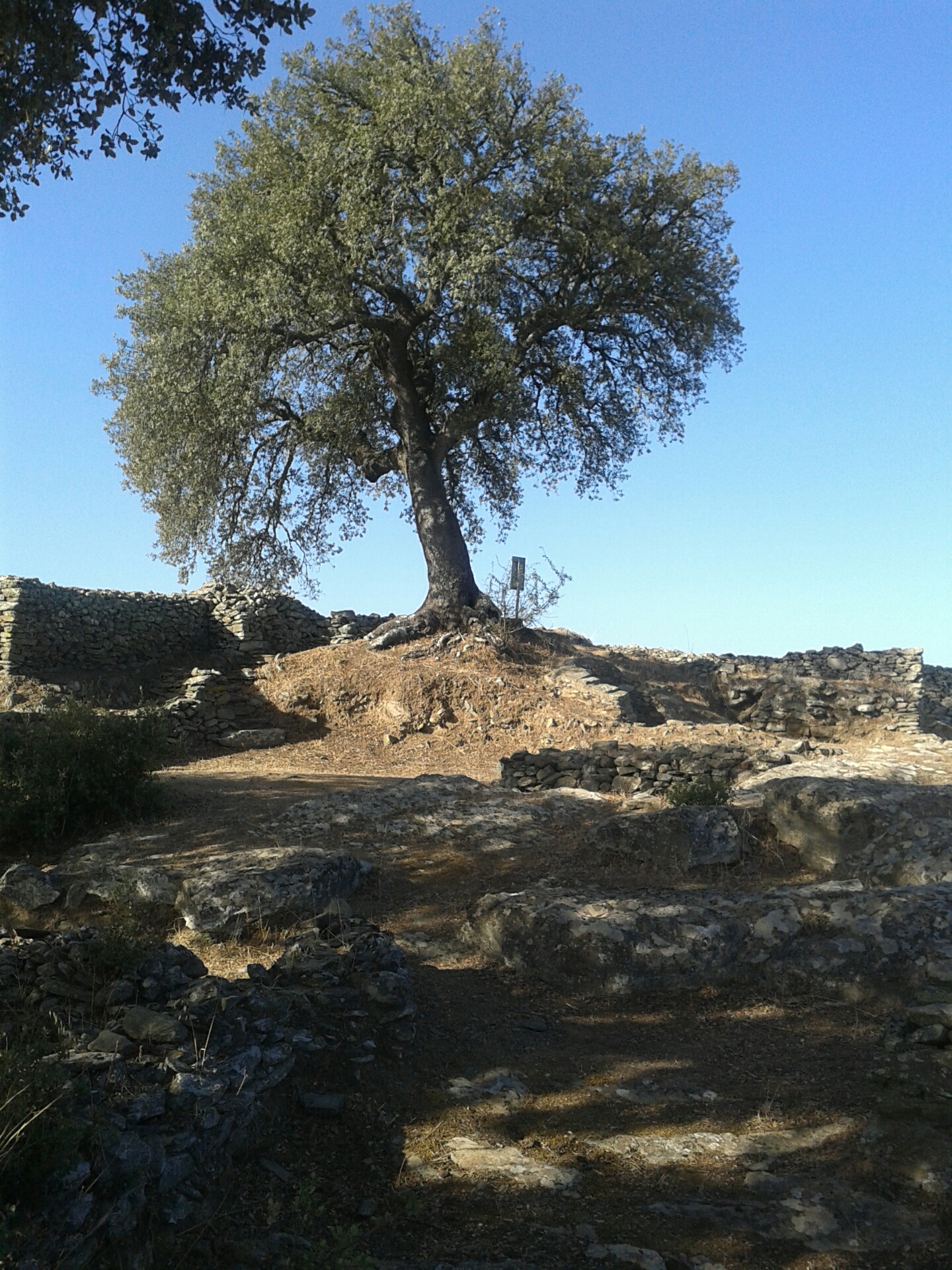There’s not much that’s consistent or predictable about the holidays we choose. There are always just too many things to consider – what time we can go, whether we’d like somewhere new or somewhere familiar, whether we want to be up and active or relaxed and replete. And how much (or little) we can afford, of course. And there’s always the risk that what seemed a brilliant idea in January can cause palpitations in July.
A crucial part of the pleasure of a holiday is its anticipation looking through brochures and websites, making note of all the exciting interesting things that are available, planning what we’re going to do all, the different foods we’re going to eat and where we’re going to visit. But when it comes down to it and we’re actually there we do nothing of the sort. It’s as if the holiday we’ve so much looked forward to is left at home, undisturbed. On our return, we can even feel hard-pressed to remember if we really did anything at all except take it easy and relax.
And that’s somehow not good enough, it seems. Apparently a holiday must involve “doing” things; otherwise it’s a missed opportunity, a mere! frivolity, almost a waste of our precious (and costly) time. After all, who would have gone to Crete and not visited Knossos, or spent a week in Florence without setting foot in the Uffizi Gallery ?
Well, me for one. It’s not that I wasn’t interested, but at the time the prospect just didn’t appeal.Particularly as I was quite contentedly occupied elsewhere,doing not very much at all.
And now I’ve just spent a delightful two weeks in a place that seems tailor made for those who don’t rely on the spectacular or dramatic to make their holiday worthwhile, who can enjoy themselves without constant reference to guidebook recommendations, and are happy to find their own way, at their own speed: the spacious, almost somnolent Alentejo.
It’s not that nothing happens– far from it; it’s just that things happen quietly, without any of the hoopla and strident urgency that seem to accompany so many holiday destinations. It’s strange to admit, but the lack of tourist exploitation can feel almost negligent. Why is nobody pestering me? Why hasn’t anyone seen the potential of this curious village? How come I can stroll along this beach and there’s not a bar to be seen? Where are the shops trying to sell me unwanted tat? Why aren’t screaming speedboats and gizmos whizzing around this placid lake? And why do restaurants treat me like a local instead of ripping me off like a tourist?
Unlike the fertile and various landscape of the north, the large expanse of the Alentejo has always been a harsh and difficult land where few people lived and nothing grew unless it could grow by itself. In similar mode, most of the rest of Portugal has awarded the Alentejans a reputation for taking their time, being unhurried to the point of immobility,of placing more importance on simple pleasures than on ambition and striving. Yet today the Alentejans’ reluctance to submit to the frantic demands of the economic marketplace is as much envied as criticised: all things considered, there is much good sense in holding on to an approach to life that has stood the test of centuries, particularly as– almost despite itself–the unforgiving soil has become mother to some of the finest new wines in Europe.
Travelling around the Alentejo, it can feel as is you have the place entirely to yourself. In the middle of August we drove from Ourique to the town of Mertola (a tourist hotspot) and didn’t meet another car for over 30 kilometres. Another morning we visited the Castro da Cola in the lower Alentejo, a scattered group of buildings dating from the Bronze Age, with Roman and Islamic additions. Apart from the sheep and goats whose bells we could hear tinkling in the distance, we were the only moving things. The view from the hilltop, needless to say, was magnificent. But equally magnificent in its own way was the complete absence of any explanation of what we were looking at. If you want to know anything more, the place seemed to say, then ask.
That’s how the Alentejo feels: spacious but private, open but discreet. As a visitor, you are allowed your own space and are free to see as much or as little as you want, so in a very real sense your holiday becomes your own responsibility. You can “do” very little, or “do” a lot. And whichever you choose, there remains the sense that the Alentejo will merely look upon you, inscrutable and unperturbed, a bit like the numberless stars that fill the depths of the Alentejan night.
Guest Blog
Paul McKeever








